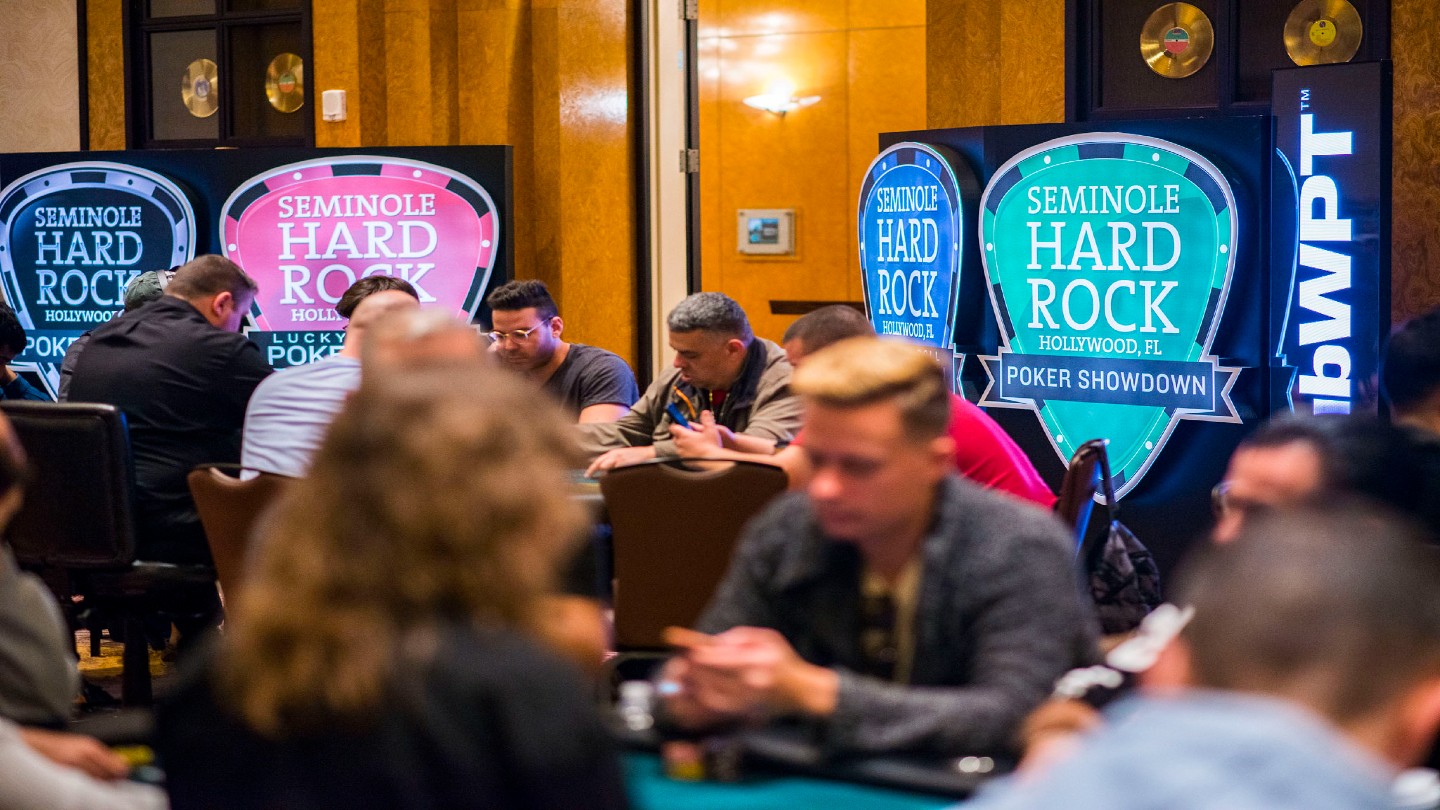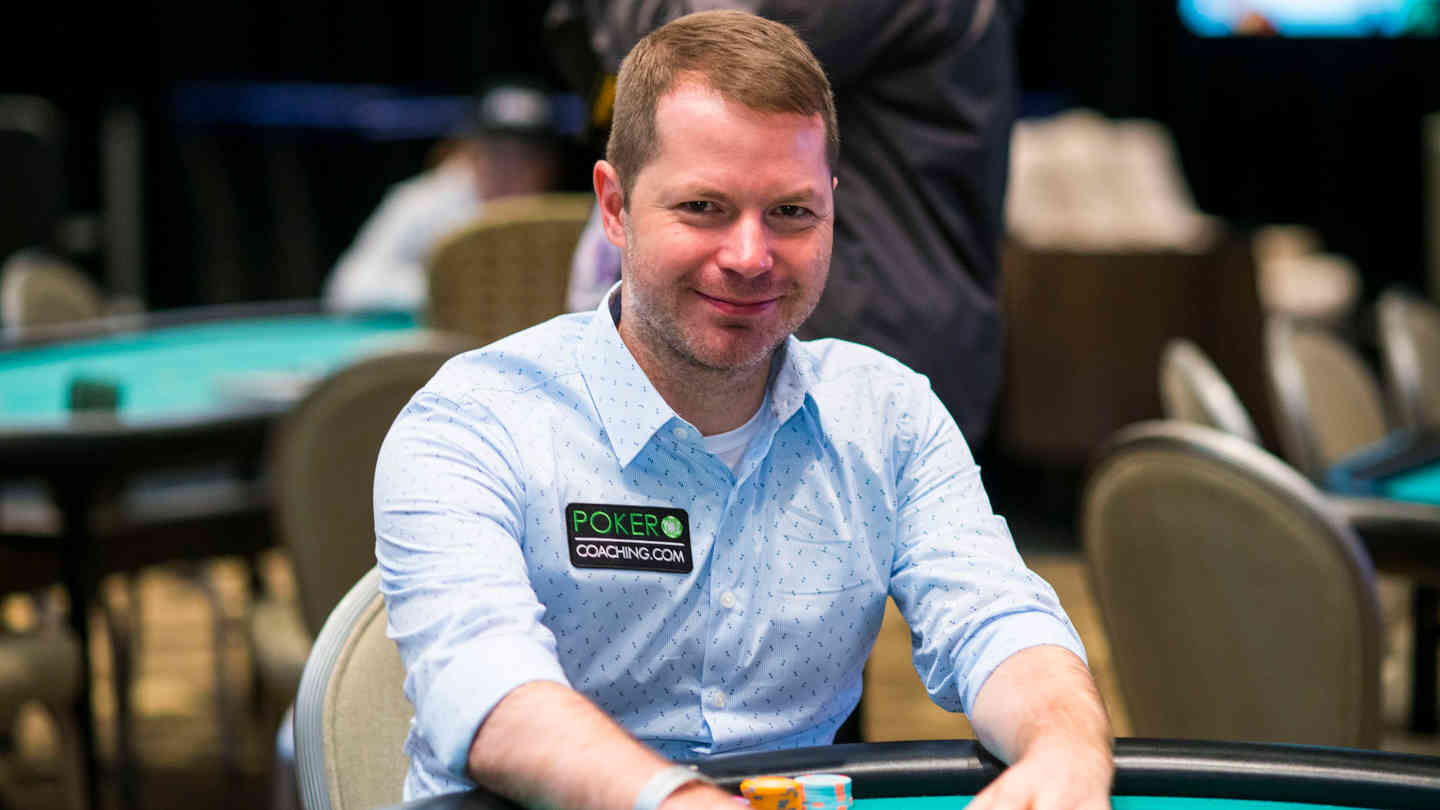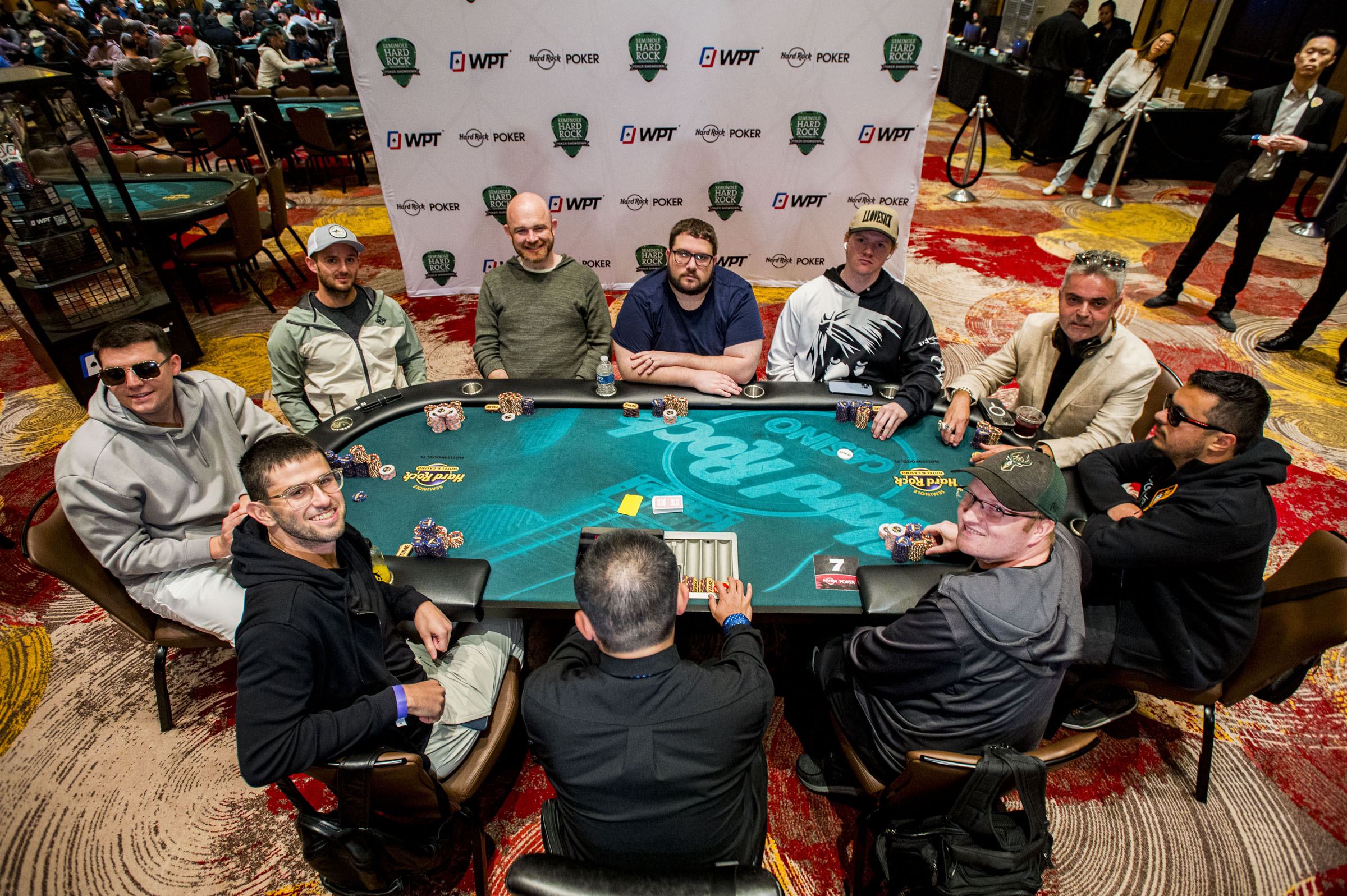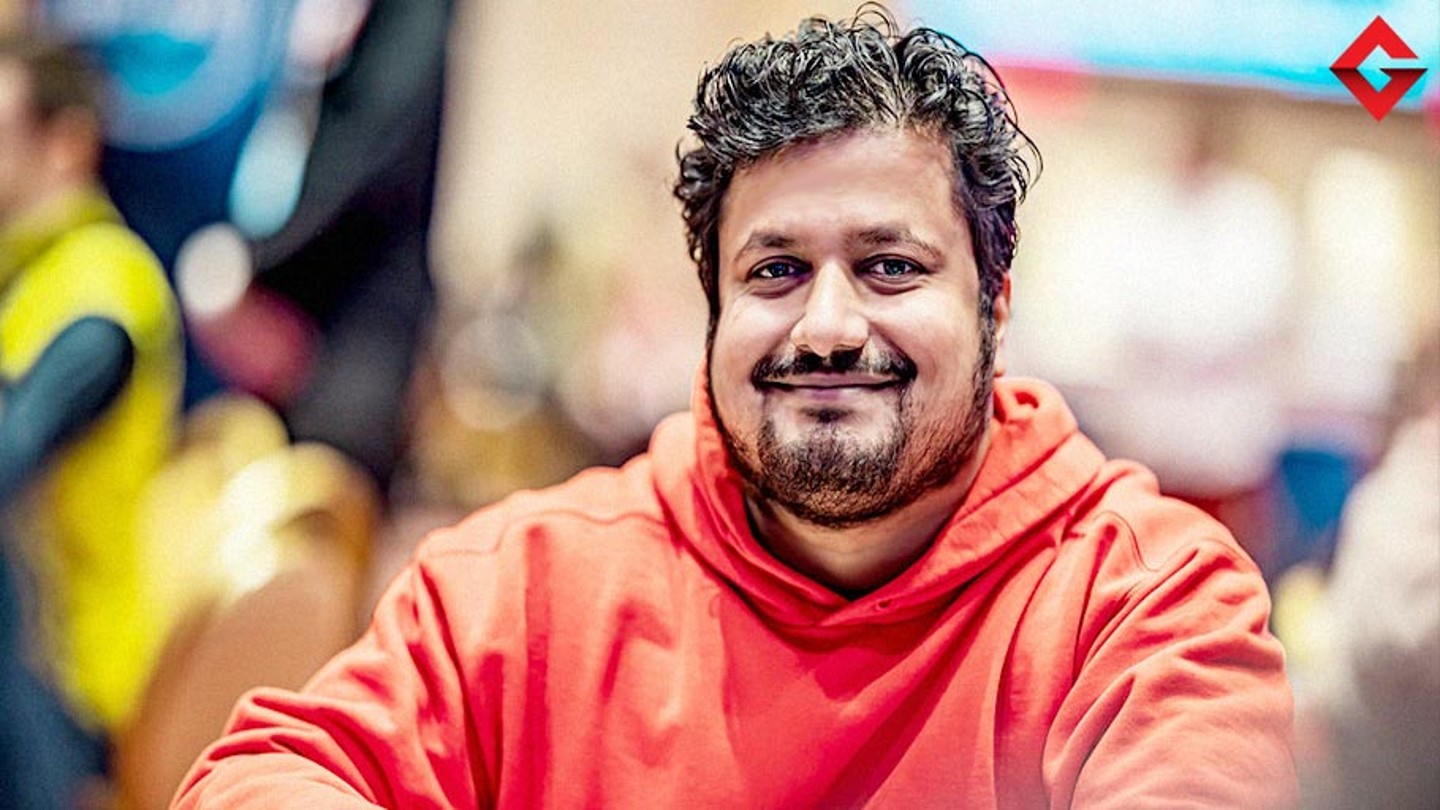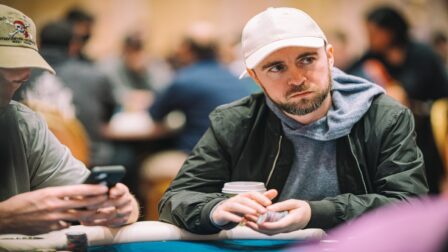Is Poker a Sport or Just a Random Game at the Table?
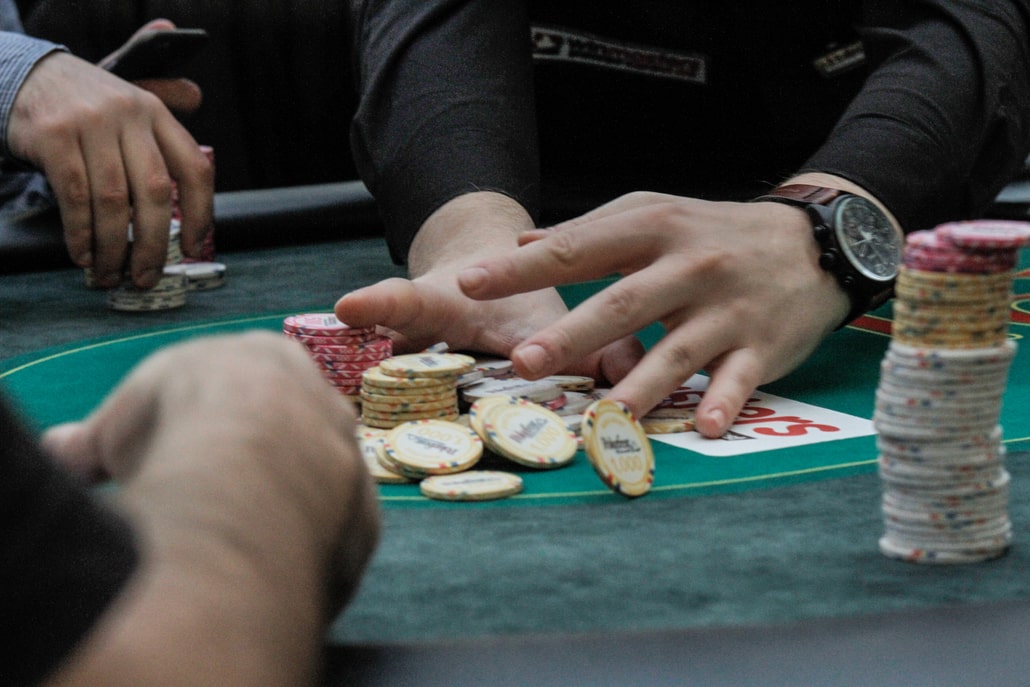
7 minutes
Last Updated: March 19, 2024
Over the past several years, there’s been a debate going on, trying to find an answer to a question: is poker a sport?
The biggest problem with this debate is that no matter what, there’ll always be arguments for and against, so it is hard to find a definitive answer.
That said, I do believe there are more arguments to support the claim that poker is a sport than there are against it.
Defining poker as a sport would definitely give it more exposure and could lead to many new people giving it a try, so from the existing players’ perspective, this would be a good thing and could lead to steady growth of this industry.
Is Poker A Sport – How We Can Define It?
The first thing that’s important for this argument is figuring out what it is that defines something as a sport.
The traditional definition usually includes the phrase “physical exercise” that involves reflexes, speed, strength, endurance, etc.
Many sports easily fit this bill, of course, like basketball, soccer, tennis, football, and many more. Nobody would ever argue that basketball isn’t a sport, of course. It has everything you expect to see when you hear the word “sport.”
But when talking about whether poker is considered a sport, we have to find a more suitable comparison. Pool, for example, is considered a sport, although a good player doesn’t have to be particularly strong or have great reflexes.
They do need good coordination, but so do poker players to some extent.
So, the traditional definition of a sport doesn’t really work for the modern environment. It’s been kind of stretched to fit in some activities that people enjoy watching, and there is nothing wrong with it.
At the same time, though, there seems to be a lot of pushback when talking about poker specifically. Why is this?
Poker is Gambling!
I think the biggest reason why people refuse to recognize poker as a sport is because a majority of them still see the activity like gambling.
There’s no denying that anyone can get lucky in poker and win even the biggest and most prestigious of tournaments such as the WSOP Main Event.
You would never have this in a pool or a golf tournament for sure. A more experienced player will blow an amateur out of the water, and it won’t be even close.
So, if we want to take skill as one of the defining arguments, there seems to be a bit of a problem there. But that’s because poker needs to be observed differently.
If you want to use the skill argument to answer the question is poker a sport, you can’t look at one tournament.
The game does have a certain degree of luck attached to it, so to properly define the skill factor, you need a bigger sample than one or two tournaments.
If you look at various all-time money lists, the number of WSOP bracelets won by individuals, and similar achievements over a long period of time, you’ll see that certain names keep popping up on all of those lists.
You can take a famous Canadian poker player Daniel Negreanu as an example. Who has over 42.000.000 in winnings and countless trophies to his name.
Surely, these can’t be people that have just been out-lucking the other for two or three decades?
So, poker is no more gambling than pool or darts. It just takes longer for the skill factor to come to the surface.
Which, in fact, makes poker an even bigger challenge than some of these other sports because, no matter how good you are, you can still lose in the short-term. And to succeed, you need to learn more than just which hands to play!
Poker isn’t Physically Challenging
When debating is poker considered a sport, the common argument is that it involves no physical effort whatsoever.
You spend your days sitting in a (comfortable) chair, whether at home or in a casino, and the peak of your efforts is to push chips forwards or click buttons on your mouse.
However, this is somewhat of a shallow view.
For an amateur player, this may be the case, as they come to play a few times a month, and they do whatever they feel like.
But the same goes for amateur soccer players who get together with a few friends once a week to play for fun. They're always a couple of guys just strolling around and occasionally kicking the ball if it comes at them.
For professionals, though, it’s much different. If you have to spend 8 – 10 hours a day sitting down and playing cards, knowing your livelihood depends on it, you can’t afford to be falling asleep at the table.
If you start experiencing back pains, it will interfere with your play as you won’t be able to focus.
Some will say that this is more keen to an office job, but there is a difference. At a job, you usually don’t have to compete with other people who are looking for your mistakes to take you down (if this is a case, you might want to consider a different company).
In poker, though, there is a huge element of competition, which is one of the defining traits of all sports.
Everyone wants to win, and being physically ready for the challenge is very important. Many top-performing players, especially the ones from the younger generation, have recognized this.
They do a lot to physically and mentally prepare for their sessions, from going to the gym to adopting a particular diet regime, getting proper rest, learning strategy tips, and much more.
Just like other athletes.
And make no mistake – between the two players of a similar skill level, the one who’s better physically prepared will usually come out on top, especially during longer sessions and long tournaments.
Keeping your energy levels up and staying focused is crucial to success, just like in any other sport.
Constant Training is Required
Most people have an idea that poker is just about sitting down and playing whatever hands you’re dealt.
Sure, you can read a book or two to learn some basic stuff, but then it’s down to luck and whatever “poker gods” have in store for you.
The fact of the matter is, this couldn’t be further from the truth.
Professional players spend many hours studying the game and learning new things. In fact, those competing at the highest level have to constantly work on their game to make sure they don’t fall behind the curve.

While this training doesn’t require running or lifting weight, it’s still very demanding.
So, is poker a sport, if you have to spend so many hours working on your game even when not playing?
Some would argue that this isn’t necessary, but the same argument could be applied to any of the sports I mentioned earlier. A good pool player doesn’t have to practice every day.
In fact, they could probably not play a single game for six months and still be very good. But probably not good enough to beat one of the top players who kept training during that time.
I think the biggest disconnect here is that it’s hard to imagine poker players actually “training.” You can imagine what the practice looks like for a football or darts player but not for poker.
It’s probably in part because you’ll never see the actual training shown on television – because it’s boring to watch.
It involves studying numbers and stats, using various tools and software, studying your opponents, recognizing their mistakes, and finding ways to use these mistakes to your advantage.
At the highest level, it means thinking outside of the box and discovering new approaches to common situations to surprise your opponents and get them out of their comfort zone.
And, isn’t this what sports’ strategy is all about? When a coach goes out into the field with a brand new formation the team has been practicing for weeks, they’re counting with the other team failing to adjust.
So Is Poker a Sport?
After going through all these arguments, I feel like there is a rather clear answer to the question is poker a sport.
I believe there is plenty of argument for classifying poker as an official sport.
This decision has been long-coming, and with the game becoming more and more skill-oriented, it would be a high time for poker to be recognized as a sport.
In the meantime, it doesn’t matter that much. If you enjoy the game for what it is, you don’t really care about labels and titles. Just work on your game and perform at the tables!
And if you feel like you should be recognized as an athlete for playing poker professionally, feel free to introduce yourself as one. There are more than enough arguments you can use to dissuade anyone who would disagree with you!








